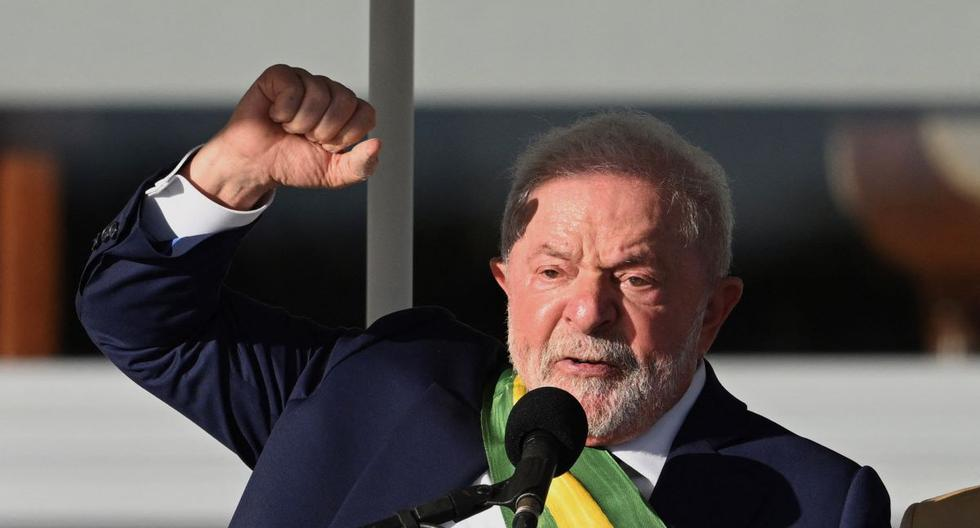
El Comercio Peru
By María Josefina Arce
The year 2023 has brought hope for Brazil. For the third time, Luiz Inácio Lula Da Silva has assumed the presidency of the South American giant, who has promised to work to rebuild a country with increasing levels of poverty, inequality, armed violence and deforestation of the Amazon.
Twenty years after arriving for the first time at the Planalto Palace, the former union leader will have a very difficult task, inheriting a nation with many debts with the majority of its citizens, and highly divided, after four years of government of the already former president Jair Bolsonaro, who throughout his administration maintained a racist and hateful discourse, encouraged the sale of weapons and brought the military to key positions.
In fact, violence broke out in several parts of the Brazilian territory a few days after the inauguration of Lula Da Silva, led by supporters of Bolsonaro, who, by the way, preferred to travel to the United States to avoid passing the presidential sash to his successor.
The supporters of the retired captain, a great admirer of the military dictatorship in Brazil, deny the results of the general elections of last October, in which in the second round, with more than 50% of the votes, the former labor leader won.
However, the inauguration of Lula Da Silva was received in Brasilia, the capital, with a large demonstration of support, in whom millions of Brazilians trust, who under his two previous mandates saw their living conditions improve and came out of poverty.
But with Bolsonaro in office, Brazil returned to the map of hunger. Currently, more than 30 million citizens are victims of this scourge, in addition to which almost 63 million are immersed in poverty.
The new president has expressed his intention to reverse this situation. A political triumph of the incoming government was that last December the Congress approved expenditures of 28 billion dollars during the current year to finance the social programs of the executive.
The reality is that the situation deteriorated even more after the two years of the COVID 19 pandemic, which did not have an effective response from the authorities. Brazil became the second country in the world, only preceded by the United States, with the highest number of deaths due to the disease caused by the new coronavirus.
The ultra-right-wing Bolsonaro downplayed the importance of the virus, which he described as a flu, opposed the use of masks and other measures necessary to prevent its spread, while delaying vaccination.
The pandemic left 40,803 children and adolescents orphaned in the South American country, according to the Oswaldo Cruz Foundation.
Another challenge to be faced by the new executive is the deforestation of the Amazon. According to the Socio-Environmental Institute, Bolsonaro's government meant the greatest environmental setback of the century, with a 94% increase in the indiscriminate felling of trees in the largest tropical forest in the world.
Lula Da Silva assumed the presidency again on January 1 and, according to the Datafolha Institute, the majority of Brazilians believe that his government will be much better for the country. For the time being, he has reiterated his goal of providing better living conditions for the people.

